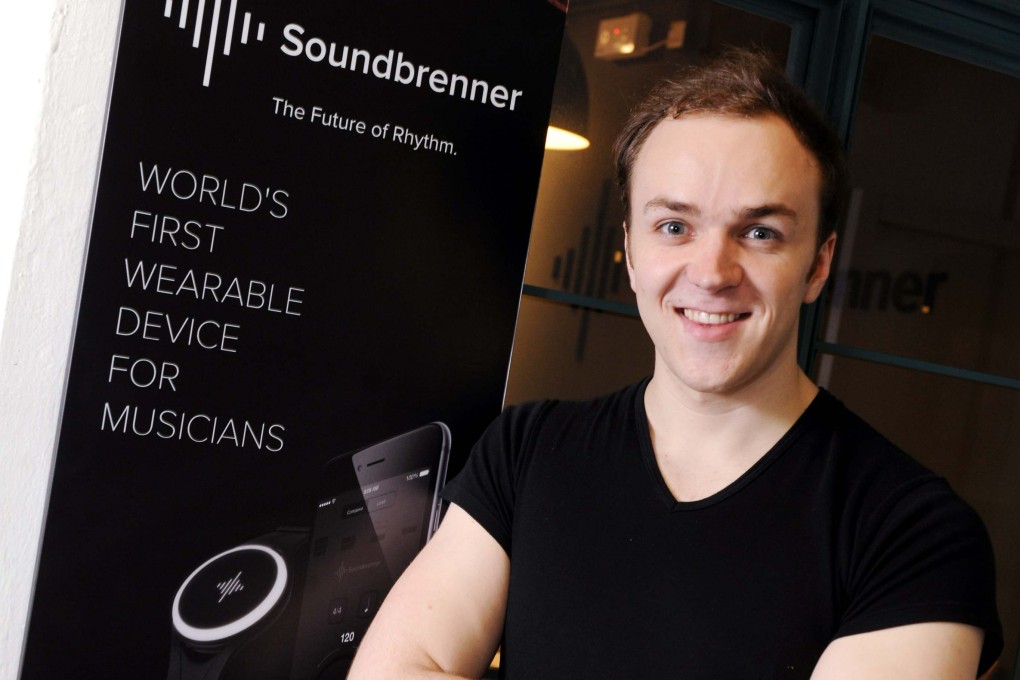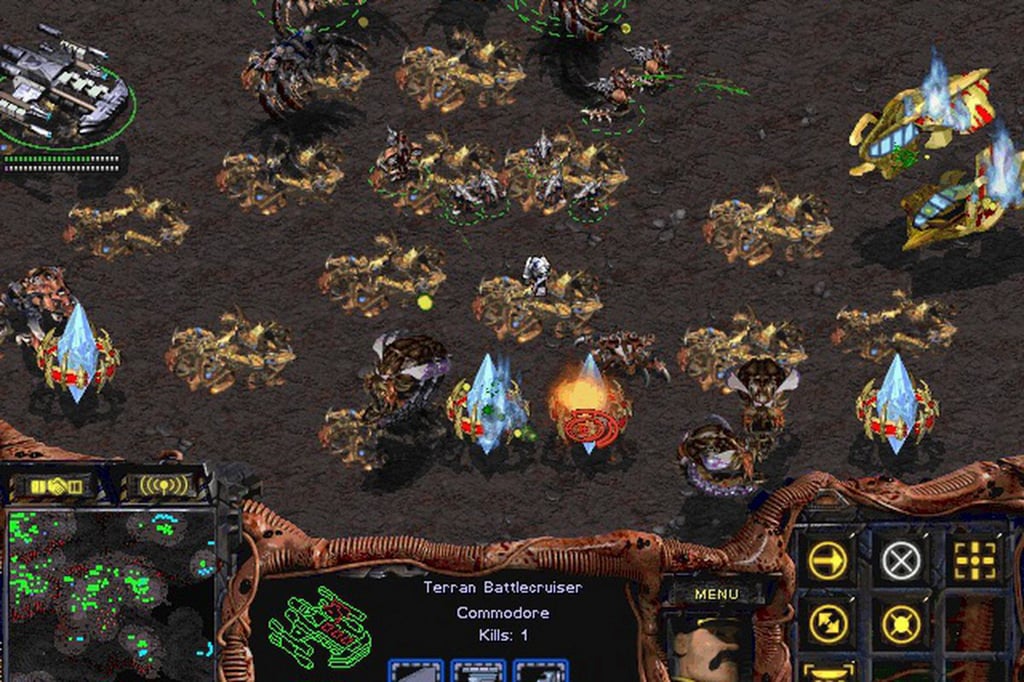Why playing StarCraft is like running a business and how the video game changed a tech firm founder’s life
- Florian Simmendinger, co-founder and CEO of Hong Kong company Soundbrenner, started playing StarCraft around nine years old
- You’re always thinking of trade-offs in the game, he says - at any point, you have to decide what to invest in and pay attention to, with imperfect information

Military science-fiction game StarCraft (1998) was a landmark in the history of real-time strategy games. Depicting a complex battle for dominance among three species, it is one of the bestselling PC games, spawning a media franchise that remains popular today.
Florian Simmendinger, co-founder and CEO of Hong Kong company Soundbrenner, which makes smart wearable devices aimed at musicians, tells Richard Lord how it changed his life.
I was probably nine years old when I started playing the game. I was a huge fan of gaming, and of competitive gaming as soon as it was available. StarCraft was one of the first competitive games. There are so many aspects to it that you have to master; it’s impossible to be perfect. It’s like running a company.
It’s like the ultimate form of competition. There are several key aspects that no other form of competition combines. There’s the purely mental competition and the depth of strategy of, for example, chess. You can’t see all the information – you can’t see what your enemy’s doing; you have to infer it.

Obviously, it’s challenging from a mechanical point of view. To play competitively, you’re making 400 to 500 movements per minute. Researchers studying the human brain study StarCraft: it pushes the brain to the limits of what you can do.
